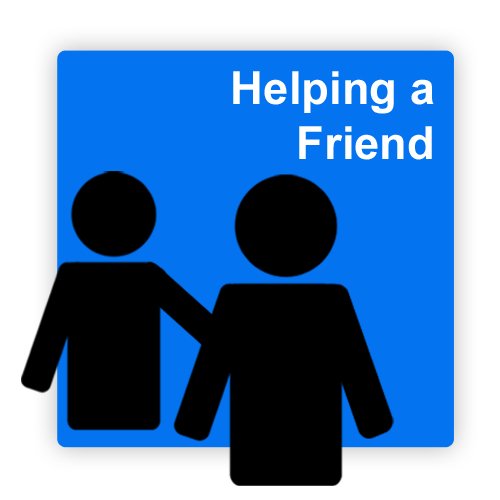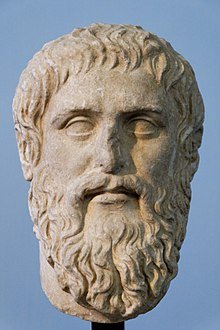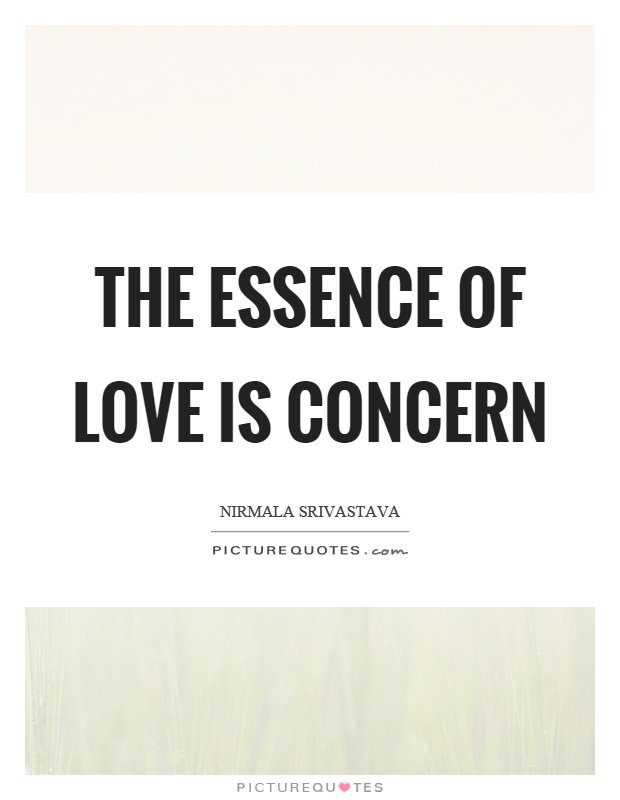Do You Believe That Everybody Has Its Concern To Other's Interest?
Do You Believe That Everybody Has Its Concern To Other's Interest?

Image Source
Human beings seek after power and pleasure as indicated by Thrasymachus. They may, rationally, need to abridge that interest in light of other individuals' power. They may likewise, irrationally, come to surmise that it is right to respect others' interests however in that case they are being deluded by conventions, social decides that instill these respectable yet unjustifiable presumptions. When they come to think this way, it is usually in light of the fact that, someone else has more noteworthy power, their blunder is a misleading, and the conventions that betray them are an instrument of intimidation.
Thrasymachus says that the conventions that charge respect for others', interests are an instrument of the strong to abuse the weak. This promptly brings up the issue, what makes these individuals strong? Thrasymachus talks as though political or social power were not itself a matter of convention, and that is a view scarcely satisfactory to the school playground. His position is quickly followed in the Republic by another, which takes this point.
Justice is the result of a convention embraced by a gathering of individuals to secure themselves. It is a contractual device of the weak to make themselves strong. This detailing is at first glance the inverse of the first one, and it is absolutely more complex, however the two have a good arrangement in common. By the two views, justice is spoken to as an instrument for the satisfaction of selfish wants that exist naturally, independent of any ethical outlook.
Both consider justice to be something one would not have any desire to take after in the event that one didn't have to. For Plato, this was a basic weakness. He believed that an account of the ethical life could answer Socrates' inquiry, and battle skepticism, just in the event that it demonstrated that it was rational for individuals to be simply, whoever they were and whatever their conditions. The second account did no preferable in this respect over the first ruthless view.
On the off chance that a man were powerful, keen and fortunately enough put, it would not be rational for him to fit in with the conventional prerequisites of justice. The contractual hypothesis was especially weak in this respect since it was precarious with respect to a prevalent agent, one more wise and ingenious and enticing than the rest. It was most importantly for this kind of agent that Plato thought skepticism must be met, and justice and the ethical life appeared to be rational.

Image Source
For Plato, the contractual hypothesis fizzled. It fizzled, in view of a specific basic element, it spoke to as ethically basic an alluring or helpful practice, the conventions of justice. However, for Plato and Socrates, what was first ethically attractive would need to be something that lay in the agent.
Anything outside the soul is ethically essential, at that point we are left with the likelihood that there could be a man whose most profound needs and the state of whose soul were to such an extent that it was not rational for him to act as per that manage or organization and, insofar as that was conceivable, the errand of noting Socrates' inquiry in a path ideal to the ethical life would not be completed.
The demand to show to every individual that justice was rational for that individual implied that the appropriate response must be grounded first in an account of what kind of individual it was rational to be. It is now and then said by current pundits that Platonic ethics is egoistic, in a way that contentions with the key character of morality. The Greeks had not touched base at a develop comprehension of the moral consciousness.
They had unquestionably not touched base at the unmistakable distractions of the system morality, with its accentuation on an exceptionally unique thought of commitment. In any case, neither Plato nor Aristotle thought of the ethical life as a device that expanded selfish satisfactions. Their outlook is formally egoistic, as in they assume that they need to show to every individual that he has good motivation to live ethically and the reason needs to engage that individual in terms of something about himself, how and what he will be on the off chance that he is a man with that kind of character.
In any case, their outlook isn't egoistic as in they attempt to demonstrate that the ethical life serves some set of individual satisfactions which is very much characterized before ethical contemplations show up. Their point isn't to indicate how the ethical life fits them. It is to give an account of the self into which that life fits.

Image Source
This is significantly more advanced goal than that of the crudest religious accounts, which speak to ethical contemplations as a set of laws sanctioned by the guaranteed punishments or prizes of God. Indeed, even this sort of account, notwithstanding, ought not be expelled on the ground that the egoistic motive it summons couldn't in any way, shape or form check, nor on the grounds that we as far as anyone knows couldn't get a should from the fact of God's power however just from his goodness.
There is nothing amiss with the general shape of this account, it clarifies why one would have good motivation to carry on with the sort of life that respected others' interests. It is fairly that we realize that it couldn't be valid, since in the event that we comprehend anything about the world at all, we comprehend that it isn't run that way. In reality many, including many Christians, would now say we realize that it isn't keep running in any way.
It is a natural thing to state that this religious account is crude, which means not that it is crude since it is religious, yet that it is a crude bit of religion. A less crude religious ethics won't include the religious component just as an outside authorize, however will give an account of human nature that gives equally to ethical targets and for a connection to God. In any case, the feedback in terms of crude religion raises a critical inquiry.
On the off chance that religion is at last a matter of what the world resembles, for what reason should the world not be that crude? For what reason should religion be judged in terms of ethical understandings that are positioned as pretty much complex or develop in common terms? The appropriate response must be, apparently, that the first crude thought of God as an all-powerful law implementer was itself increased through our ethical comprehension.
In any case, if ethical comprehension will create, and if religion will comprehend its own particular advancement in connection to that, it appears to be unavoidable that it must come to comprehend itself as a human construction, in the event that it does, it should at last fall.

Image Source

References:
https://plato.stanford.edu/entries/emotion
http://philosiblog.com/2014/08/11/the-more-we-are-concerned-for-the-well-being-of-others-the-closer-we-will-feel-to-each-other
http://www.uwstout.edu/counsel/concernedothers.cfm
keep voting daily
i don't care about what other say or do i always help my friends no matter what is takes ..
That makes you a good person.